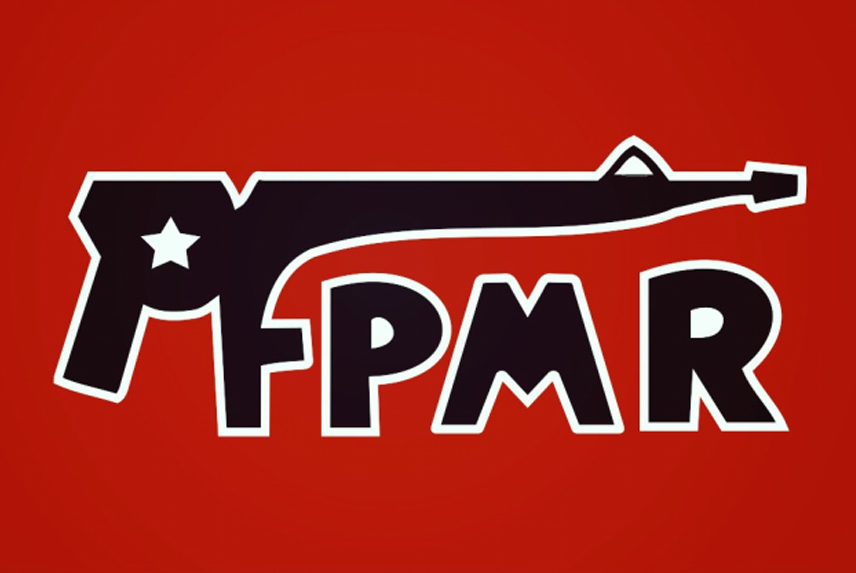
Posted On : Dec 18 2020
Manuel Rodriguez Patriotic Front Dissidents: A Fractured Legacy
The Manuel Rodriguez Patriotic Front (FPMR), a Chilean revolutionary organization, played a significant role in the country`s turbulent political landscape during the late 20th century.

However, internal divisions led to the emergence of FPMR dissident factions that adopted divergent paths. This article explores the origins, ideology, actions, and consequences of the FPMR dissidents, shedding light on their fragmented legacy.
The FPMR was founded in 1983 as an armed wing of the Communist Party of Chile. Committed to overthrowing the military dictatorship of Augusto Pinochet, the FPMR embraced a Marxist-Leninist ideology and sought to establish a socialist state in Chile. Its actions were characterized by guerrilla warfare, kidnappings, bombings, and bank robberies.
By the late 1980s and early 1990s, internal divisions began to fracture the FPMR. Disagreements over strategy, tactics, and the prospect of participating in Chile's return to democracy contributed to these rifts. Some members sought a peaceful political path within the emerging democratic system, while others remained committed to armed struggle.
As Chile transitioned to democracy in the early 1990s, the FPMR faced increasing pressure to demobilize and disarm. The organization disbanded its armed wing in 1991, marking a significant shift in its trajectory. Some former FPMR members chose to participate in mainstream politics, aligning themselves with left-wing political parties, while others rejected the transition and continued to operate as armed dissidents.
Dissident factions of the FPMR maintained their commitment to revolutionary ideals and continued to engage in violent activities. These actions included bombings, assassinations, and attacks on law enforcement personnel. The most prominent dissident faction was the Revolutionary Movement of Manuel Rodriguez (MRM), led by former FPMR commander Raúl Pellegrin.
The FPMR dissidents left a fragmented legacy that reflects the complexities of post-authoritarian transitions. While some former FPMR members successfully transitioned into mainstream politics, others persisted with armed struggle, posing challenges to Chile's stability and security.
The FPMR dissidents' actions have drawn mixed reactions within Chile. Supporters argue that they continued the fight against perceived injustices and inequalities in post-Pinochet Chile. Critics, on the other hand, view their activities as destabilizing and an impediment to reconciliation and stability.
The FPMR dissidents emerged from internal divisions within the Manuel Rodriguez Patriotic Front and continued to pursue revolutionary ideals through armed struggle. Their fragmented legacy underscores the complexities of post-authoritarian transitions and the challenges faced by former guerrilla fighters in adapting to new political realities. The story of the FPMR dissidents serves as a reminder of the enduring impact of political violence and the complexities of achieving reconciliation in societies marked by political upheaval and conflict.
No Comments Added




















